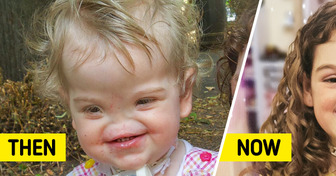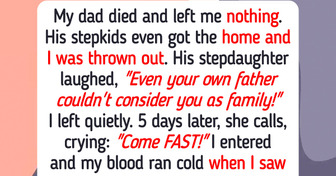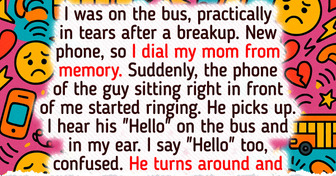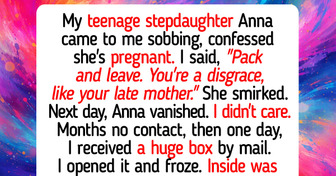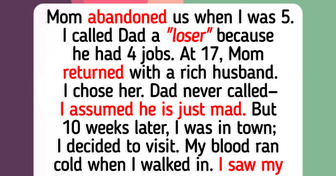15+ True Betrayal Stories That Expose the Dark Side of People

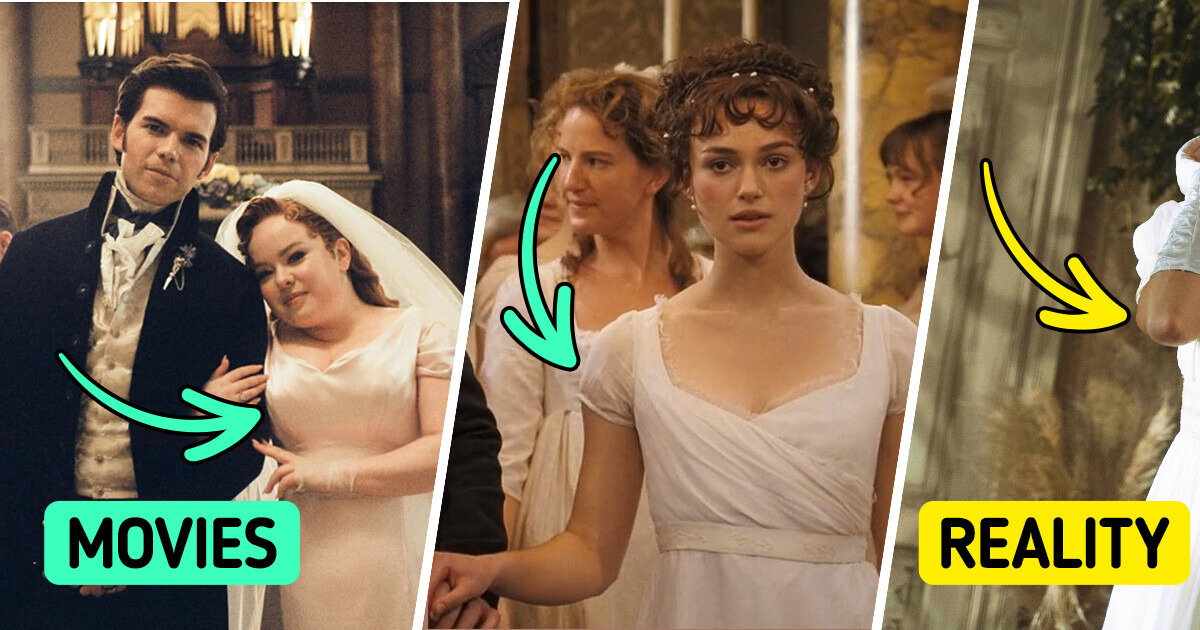
Historical movies and TV are beloved by fans because of their immersive environment. However, a keen eye might notice they often contain inaccuracies in fashion, hairstyles, or decor. These choices are sometimes made on purpose for aesthetic reasons, while other times it’s just too difficult or expensive to achieve historical precision. For some movies, though, inaccuracies happen as simple oversights.
The 2019 adaptation of Little Women, based on Louisa May Alcott’s novel, is set in the 1860s England, yet the hairstyles of its characters are not entirely accurate. The bangs seen on Emma Watson and Florence Pugh’s characters do not fit the era—back then, if bangs were cut, they were rather short, with curly strands, as opposed to the more modern styles shown in the film. Also, most women at the time preferred to wear their hair pulled back rather than loose or styled with contemporary bangs.
Take Bridgerton, a recent and very popular historical romance series. It’s filled with exquisite period-inspired costumes, which are also partly inaccurate. The leading ladies, for instance, wear corsets directly against their skin, whereas historically, women would have worn shirts underneath to protect both their skin and the garment. This layer would have extended the life of the corset and prevented discomfort.
Another inaccuracy in the most recent season of Bridgerton is Penelope Featherington’s gloves, or lack thereof. At this time, ladies would have worn long gloves made of something more similar to silk or satin. In this photo, Penelope is wearing what seems like cut-off gloves made of gauze.
Pirates of the Caribbean: The Curse of the Black Pearl takes place in the early 1700s. Elizabeth’s hat appears historically accurate, as straw hats were commonly secured with ribbons during that era. However, the ribbons were traditionally placed underneath rather than on top. Additionally, the brim of the hat would not have been deliberately curved downward.
Sunglasses in the 19th century? Definitely not historically accurate. Yet the titular character did wear a pair in several scenes throughout the movie. In reality, sunglasses only appeared in the 1920s.
The film Seabiscuit, which follows the story of jockey Red Pollard and his legendary horse, features a minor but noticeable historical mistake. Tobey Maguire’s character wears a riding helmet with a chin strap—an element that did not exist during the time the film depicts. This small but important detail stands out to those familiar with equestrian history.
The makers of Pride & Prejudice also included a notable fashion inaccuracy. In the 18th century, corsets were either structured with cups or stopped just below the bust, neither of which is seen in the film.
Another mistake is Lizzie’s decision to attend a ball without gloves—an essential component of formal attire at the time. However, this may have been a deliberate choice to emphasize the rebellious nature of Keira Knightley’s character.
This popular series also features some incorrect female garments: their ruffs. Instead of being attached to clothing as intended, they are depicted as separate accessories, similar to modern necklaces. Originally, ruffs were designed to keep garments clean, since they could be removed and washed separately. Over time, they also became a symbol of status.
Troy also received some backlash for some of its historical inaccuracies, one of which involves a misplaced umbrella. In a particular scene, the main female character, Helen, is shown using a refined pink umbrella that would not have existed in ancient times. Historically, umbrellas made their way to Greece and Rome from Egypt, where they were originally made of materials like feathers, palm leaves, or papyrus.
And if you’re in the mood for some more movie mishaps, here’s another list of mistakes you might have missed in famous movies.


